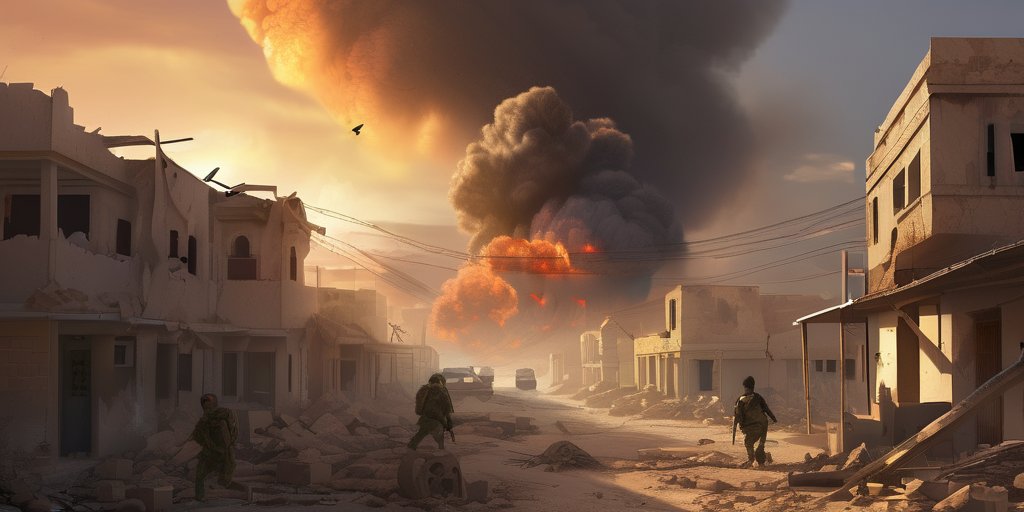### Trump Celebrates NATO Praise Amid Iran Conflict Challenges
Aboard Air Force One, on his way to the NATO summit in the Netherlands, President Donald Trump took a moment to share a personal message that displayed the shifting diplomatic tides he is navigating. The message, from NATO Secretary General Mark Rutte, commended the president for his bold military action against Iran’s nuclear facilities. “Congratulations and thank you for your decisive action in Iran,” Rutte wrote in a text Trump later shared on Truth Social. This acknowledgment highlights a complicated narrative for Trump, who has had a turbulent history with NATO and has questioned the alliance’s effectiveness in the past.
During his presidency, Trump has consistently pushed for NATO member nations to increase their defense spending and it appears that Rutte’s supportive message was reflecting those discussions, stating that Trump was “flying into another big success” following the summit’s agreement to boost defense expenditures to 5% of gross domestic product.
The diplomatic landscape surrounding Iran has also shifted significantly since Trump’s presidency. After Trump’s recent approval of airstrikes on Iran’s nuclear sites, a fragile ceasefire was established. Although the administration claims that the US bombing raids have severely impacted Iran’s nuclear capabilities, preliminary assessments from US military intelligence suggest that the damage is not as extensive as portrayed. The Pentagon reportedly indicated that Iran’s nuclear program had only been set back by months, a sentiment that contradicts the White House’s more triumphant pronouncements.
While the temporary ceasefire appears to hold for now, analysts warn that Middle East truces are often unstable. Although Iran’s leadership has shown signs of weakness from sustained Israeli attacks, concerns remain about potential chaos if the authoritarian regime loses control—a reality witnessed in other regions such as Syria.
Trump continues to articulate a vision of “love, peace, and prosperity” for Iran, even as fears of regional upheaval loom. The ongoing conflicts in Gaza and Ukraine demonstrate that despite occupying a more vocal role in Middle Eastern justice, the promise of peace remains elusive. For now, concerns about further military actions appear to have quieted Republican voices both in Congress and among Trump’s close allies. The political environment allows Trump to celebrate what he labels an unqualified success in foreign policy.
Vice President JD Vance has echoed Trump’s approach to foreign policy on Truth Social, advocating for a doctrine that emphasizes clearly defined American interests, aggressive negotiations, and, if necessary, decisive military force. The coming weeks will reveal if this approach will indeed translate into stability or whether the underlying tensions will reignite fury among those affected by the conflict.
In summary, while Trump seeks to bask in newfound approval from NATO leaders amid a complicated Middle Eastern backdrop, the potential for instability continues to cast a shadow over his military decisions.
